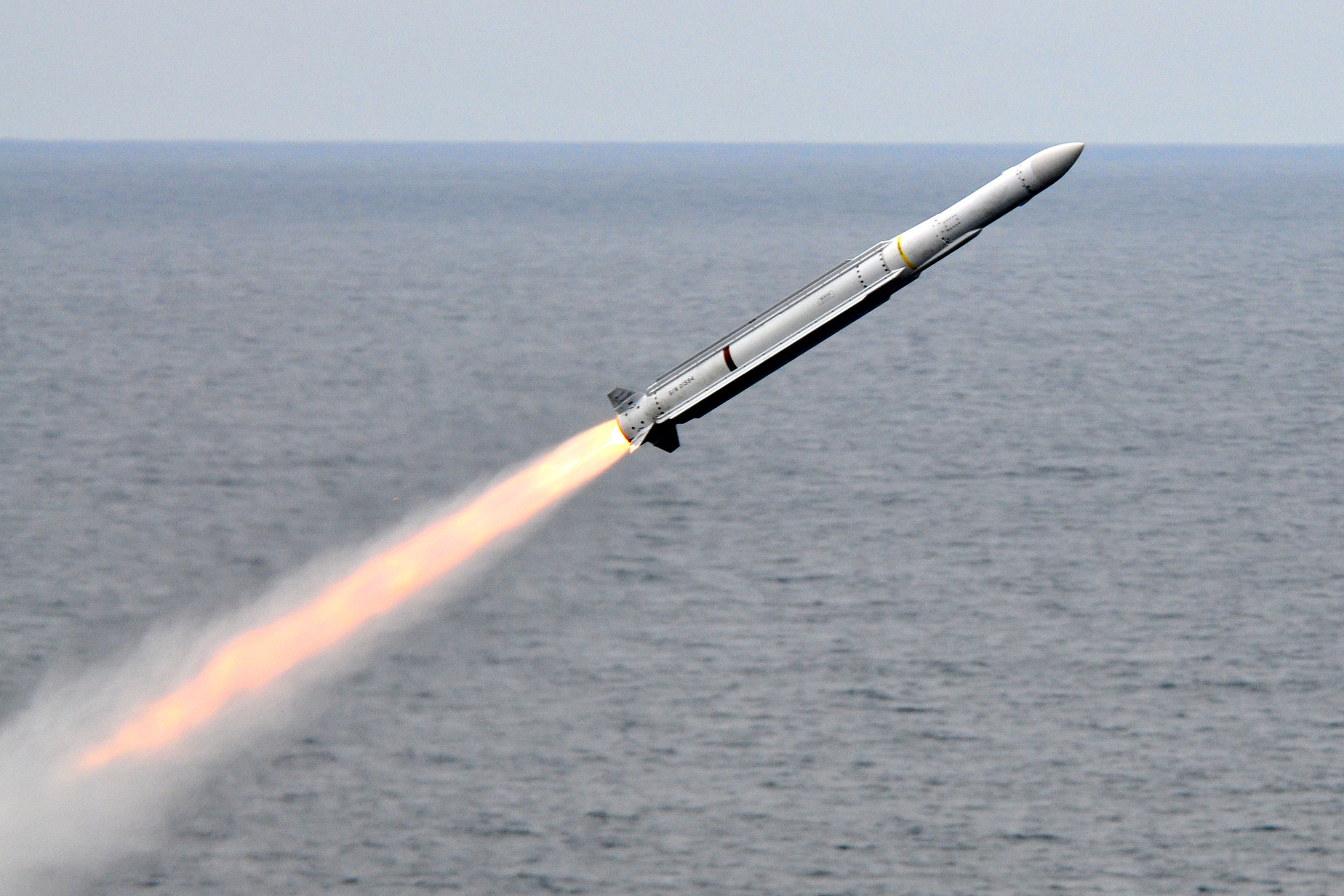Russia now has an UNSTOPPABLE hypersonic cruise missile that can destroy a US aircraft carrier with a single hit
06/08/2017 / By Ethan Huff

The former Soviet Union has developed a revolutionary new missile technology that’s capable of outsmarting even the most advanced anti-missile systems. Known as a Zircon, the Russian cruise missile can travel as fast as 4,600 miles per hour, which makes it virtually “unstoppable” in terms of any military’s ability to shoot it down before it blows up, say, an aircraft carrier.
According to reports, Russia has already successfully launched five flights of the hypersonic jet, which is capable of destroying an entire aircraft carrier with just a single impact. And with an ability to travel as much as six times the speed of sound, the technology puts Russia at least half a decade ahead of the U.S. in terms of its military capacity.
Currently, the U.S. Navy can only shoot down missiles that travel half as fast as a Zircon – so if Russia wanted to attack the U.S., it easily could. Images of the jet reveal a futuristic design capable of towing various warheads ranging from high explosives to nuclear bombs. And with super high-tech “scramjet” technology built into its fuel system, the Zircon won’t have any problems reaching its destination.
“In Russia, the testing of actual weapons is already underway,” Russian military analyst Vladimir Tuchkov told state media outlet Sputnik. “It is expected to be added into Russia’s arsenal between 2018 and 2020. A speed of Mach 6 is more than enough of a guarantee to overcome any anti-missile system.”
US hypersonic weapons won’t begin development until mid-2020s, says Air Force
Meanwhile, the U.S. isn’t even planning to begin development of its first hypersonic weapons until at least the mid-2020s. And according to National Interest contributor Kris Osborn, these weapons won’t even be ready for use by the Pentagon until the mid-2040s.
As far off as this all sounds, Tuchkov believes that even these expected dates are overly optimistic. The U.S. has a whole lot of catching up to do if it even hopes to compete in this area of modern weaponry, he warns, let alone be any type of world leader. With China currently testing its own hypersonic weapons as well, things are looking somewhat grim for the U.S. military’s strength in the modern age.
“In reality, American scientists and engineers will have to strain every nerve just to avoid lagging too far behind Russia in this area,” he’s quoted as saying.
According to U.S. Air Force chief scientist Geoffrey Zacharias, the U.S. is engaged in other important work that includes refining its existing technologies to make sure they’re at the forefront of cutting-edge weaponry. But Tuchkov says that perfecting the scramjet engine to compete with Russia’s Zircon doesn’t appear to be at the top of the priority list.
“It can be assumed that the Americans are quite satisfied with what has been achieved in this area and implemented in the Boeing X-51A scramjet aircraft,” he explained, noting that what the U.S. achieved in 2013 on this front lags far behind, as Russia not only achieved but exceeded it many years prior.
“We must push the boundaries of technology in every area,” stressed Air Force Chief of Staff General David L. Goldfein in a statement responding to both Russia and China’s testing of hypersonic weapons. Along with Zacharias, Goldfein agrees that U.S. development of competing technologies is still several decades off, and that it’s time to step things up and take this threat seriously.
“Our adversaries aren’t standing still. They are looking for every advantage they can get,” he warned.
Sources:
Submit a correction >>
Tagged Under:
missile, Russia, ultrasonic
This article may contain statements that reflect the opinion of the author
RECENT NEWS & ARTICLES
COPYRIGHT © 2017 WWIII NEWS





















